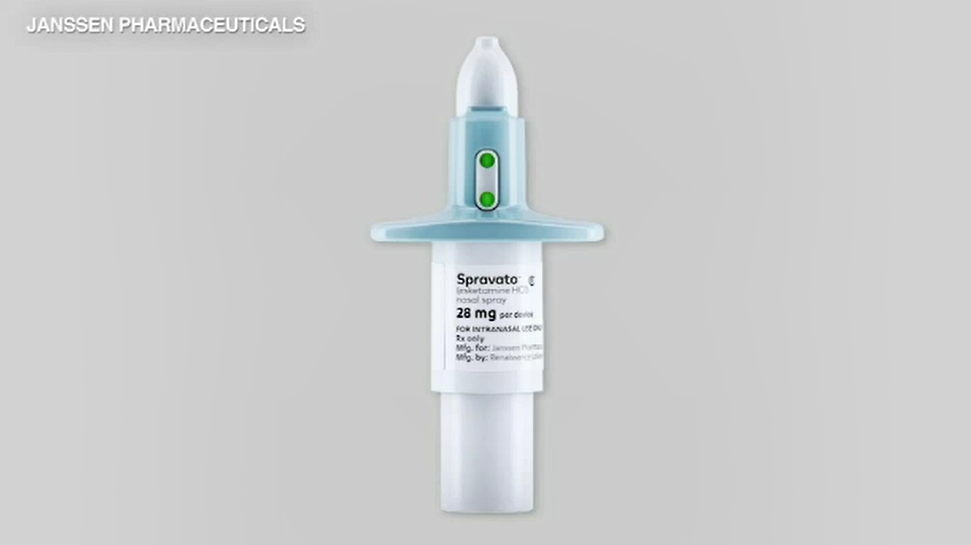Mental health experts say a nasal spray to help relieve depression should be subsidised to make it affordable.
It's the first new class of treatment for major depression in more than three decades.
Alexis Hutcheon, 31, says the spray, called Spravato, has made a huge difference to how she tackles her dark days.
READ MORE: Plane dive that killed 132 people in China 'possibly deliberate'
"It's like a weight lifted off," she said.
"I feel more well than I ever have."
She had tried different anti-depressants, but experts say this one works differently from traditional treatments.
"It acts on a different neurotransmitter in the brain," Associate Professor Elizabeth Scott Principal Researcher, Brain and Mind Centre at the University of Sydney, said.
"We think what happens is it increases the connectivity between the synapses the connections between your brain cells, it actually makes them fire better."
READ MORE: How bloodsucking leeches are saving fingers – and lives
Professor Ian Hickie from the Centre, said the drug has a dramatic effect for at least half of the people who use it.
"So, to get 50 per cent of those people back to school, back to work, engaged with life is a major achievement, it's a step forward," he said.
It took three years for the add-on therapy, also known as esketamine, to be approved in Australia.
However, it costs several thousand dollars for a course.
Now, for the second time, a submission for subsidy is before a government advisory committee.
READ MORE: Russian soldier pleads guilty at war crimes trial
Hickie said he believed people with mental health problems are unfairly treated when it comes to funding.
"It's my view that people with mental health problems, major depression, schizophrenia, have not been treated fairly not been treated equitably compared to people with breast cancer, compared to people with arthritis," he said.
FULL COVERAGE: Federal Election 2022
The Pharmaceutical Benefits Advisory Committee is currently collecting submissions online from patients, carers and experts, as part of a review of all the evidence for reimbursed access.
Comments close next week, with a decision expected at a meeting in July.
Source: 9News



